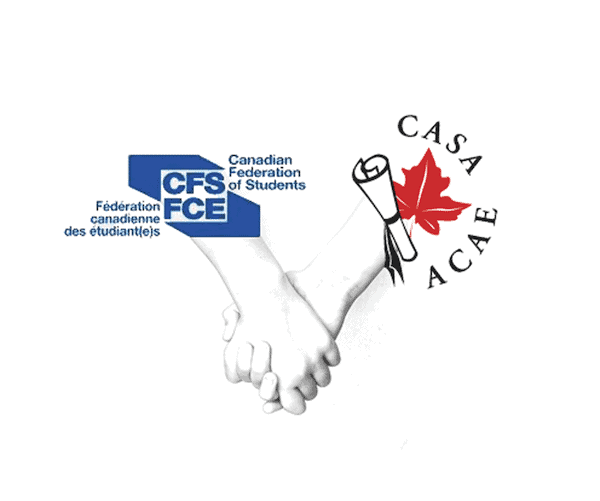Elections held two weeks ago in Ontario and Quebec proved disappointing for the governments of both provinces. Premier Jean Charest’s Liberals lost 14 seats in the Quebec general election — including Charest’s own seat in Sherbrooke — leading Charest to resign as Liberal leader and reducing the Liberals to official opposition status. Neither the Parti Québécois nor the Coalition Avenir Québec gained enough seats to form a majority government. Instead, the PQ will form a minority government led by Premier-elect Pauline Marois, who will be Quebec’s first female premier.
Ontario premier Dalton McGuinty’s Liberals retained the seat in Vaughan that was up for grabs in by-elections held the day after the Quebec election. But the Liberals failed to capture the seat in Kitchener–Waterloo, held by the Progressive Conservatives since it was created in 1999. The by-election results leave Premier McGuinty in the same minority government position as after last October’s election — one seat shy of a majority. Both McGuinty and Marois face significant challenges in the coming months as they seek to make their minority governments work and seek out opportunities to boost their seat counts.
Both premiers will face opposition parties buoyed by their performances in the recent elections. In Ontario, the New Democrats will be encouraged by their victory in Kitchener–Waterloo, where MPP-elect Catherine Fife garnered nearly 40 per cent of the vote. Since the New Democrats saw the vote in Kitchener–Waterloo as a referendum on the McGuinty government’s proposed ban on striking by teachers, New Democratic leader Andrea Horwath will likely see Fife’s win as a mandate to take a more combative stance against the government. Although the Progressive Conservatives, led by Tim Hudak, have supported the McGuinty government’s tough line on negotiations with teachers, they have generally been unwilling to work with the government.
In Quebec, Premier-elect Marois faces three opposition parties: the now leaderless Liberals, the CAQ under François Legault, and Québec Solidaire, a socialist party co-led by Amir Khadir and the newly-elected Françoise David. While Québec Solidaire seems likely to support many of Marois’ plans, its leaders represent the only two seats it has in the National Assembly. The Liberals are only four seats behind the PQ, and will represent a significant impediment to Marois, especially once they elect a new leader early next year. The upstart CAQ could play a similarly disruptive role.
Since both McGuinty and Marois face strong opposition parties, they will likely find it difficult to move their agendas forward. Aside from the small Québec Solidaire in the case of Marois, neither leader has any obvious partners in the opposition. Moreover, neither Ontario nor Quebec has much experience with minority governments, and the recent federal minorities under Paul Martin and Stephen Harper do not offer much of a model for how to run a productive minority.
Instead, both premiers and opposition leaders in Ontario and Quebec will need to show leadership in working to address the challenges facing their provinces. These challenges, ranging from mounting deficits to the need to improve the quality of education and health care, will not wait for a majority government. It is in the interest of all parties, at least in the long term, to ensure that their province moves forward. The only way to ensure that is for government and opposition to be willing to work together. Minorities can work, but only if leaders make them work.


